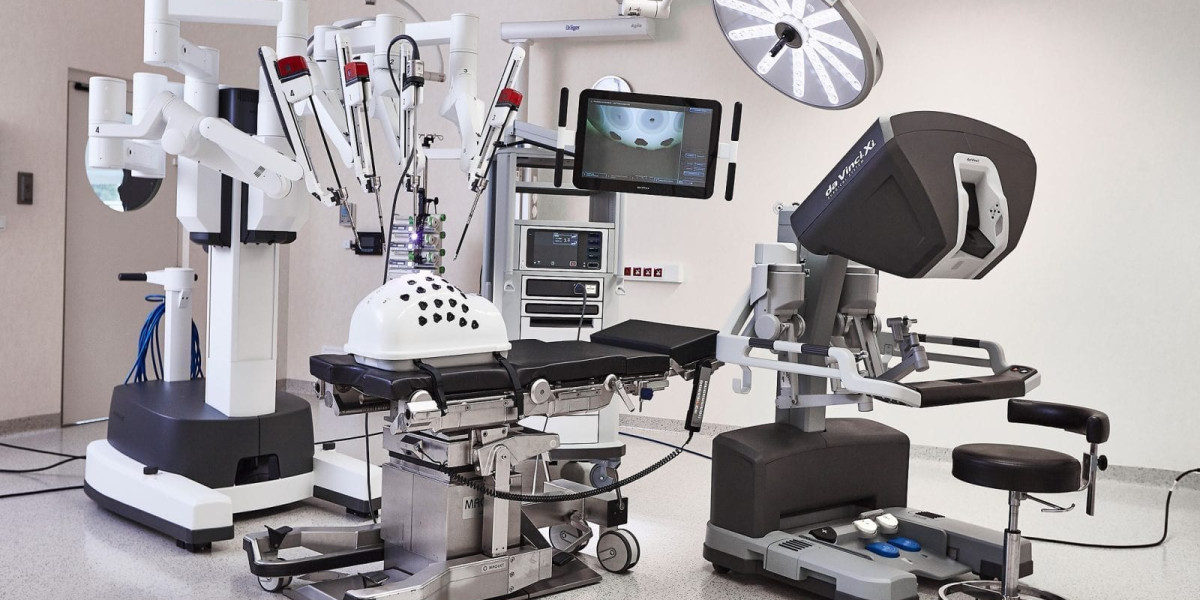Introduction
In the vibrant city of London, where mobile devices have become an integral part of daily life, mobile repairing services play a crucial role in keeping people connected. However, as the mobile repairing industry in London continues to grow, it faces a set of emerging challenges, particularly in the realms of security and privacy. This article will delve into the evolving landscape of mobile repairing in London, shedding light on the issues surrounding security and privacy that have surfaced with the increasing demand for mobile repairing services.
The Rise of Mobile Repairing Services in London
Mobile devices have become an essential part of modern life. From communication to entertainment and productivity, these devices are indispensable. Consequently, the mobile repairing services in London has experienced substantial growth. Mobile repairing services offer a cost-effective alternative to replacing a damaged device, making them a popular choice for individuals and businesses alike.
Key Services Offered by Mobile Repairing Shops in London:
1. Screen Replacement: Cracked or shattered screens are a common issue, and repairing them is a cost-effective way to extend a device's lifespan.
2. Battery Replacement: As batteries degrade over time, replacing them can improve a device's performance and lifespan.
3. Water Damage Repair: Accidental exposure to moisture can severely damage a mobile device, and specialized repair is often required.
4. Software Troubleshooting: Mobile repairing services also address software issues, such as system crashes, data recovery, and software upgrades.
5. Hardware Repairs: Beyond screens and batteries, mobile repair shops can fix various hardware components like cameras, buttons, and speakers.
Security Challenges in Mobile Repairing
1. Data Security: Mobile devices contain sensitive personal and professional information. When individuals take their devices for repair, there's a risk that their data may be compromised. Repair technicians could potentially access personal data, which raises concerns about data security and privacy.
2. Device Theft: In some cases, dishonest repair technicians may engage in device theft, either by swapping out components or simply not returning the repaired device. This can result in financial losses and data breaches.
3. Counterfeit Parts: Some mobile repair shops may use counterfeit or substandard parts for repairs, which can compromise the security and integrity of the device.
Privacy Concerns in Mobile Repairing
1. Data Access: When individuals hand over their devices for repair, they often need to provide access codes or passwords to technicians. This can lead to concerns about unauthorized access to personal data.
2. Data Retention: There is a risk that mobile repair shops may retain copies of the data from repaired devices, raising questions about how long this data is stored and how it's protected.
3. Third-Party Access: Mobile repair shops may collaborate with third-party service providers, increasing the potential for data sharing without the device owner's knowledge or consent.
Addressing Security and Privacy Challenges
To mitigate the security and privacy challenges associated with mobile repairing services in London, several measures can be taken:
1. Data Wiping: Prior to handing over a device for repair, individuals should ensure that their data is securely wiped, leaving only the necessary data required for repair purposes. Additionally, encrypted devices can add an extra layer of protection.
2. Choose Reputable Repair Shops: Research and select repair shops with strong reputations for data security and customer privacy. Read reviews, ask for recommendations, and inquire about their data-handling policies.
3. Ask About Data Handling: Before leaving a device for repair, inquire about the repair shop's data-handling policies. Ensure they have clear procedures for data protection and deletion.
4. Use Remote Services: For software-related issues, consider using remote repair services where the technician doesn't need physical access to the device, reducing the risk of data exposure.
5. Data Backup: Prior to repair, make sure to back up your data securely to an external source or the cloud. This ensures that even if data is compromised during repair, you have a backup.
6. Verify Parts Quality: If replacement parts are used, inquire about their source and quality. High-quality, genuine parts are less likely to compromise the device's security.
Conclusion
Mobile repairing services have become an essential part of life in London, ensuring that mobile devices remain functional and cost-effective. However, the industry faces significant challenges related to security and privacy. As mobile devices store an increasing amount of sensitive data, it's crucial for both consumers and repair shops to prioritize data security and privacy. By following best practices, such as data wiping, choosing reputable repair shops, and asking about data handling policies, individuals can ensure that their devices are repaired safely and securely. Balancing the convenience of mobile repairing services with the protection of personal data is key to addressing the emerging challenges in this industry.








